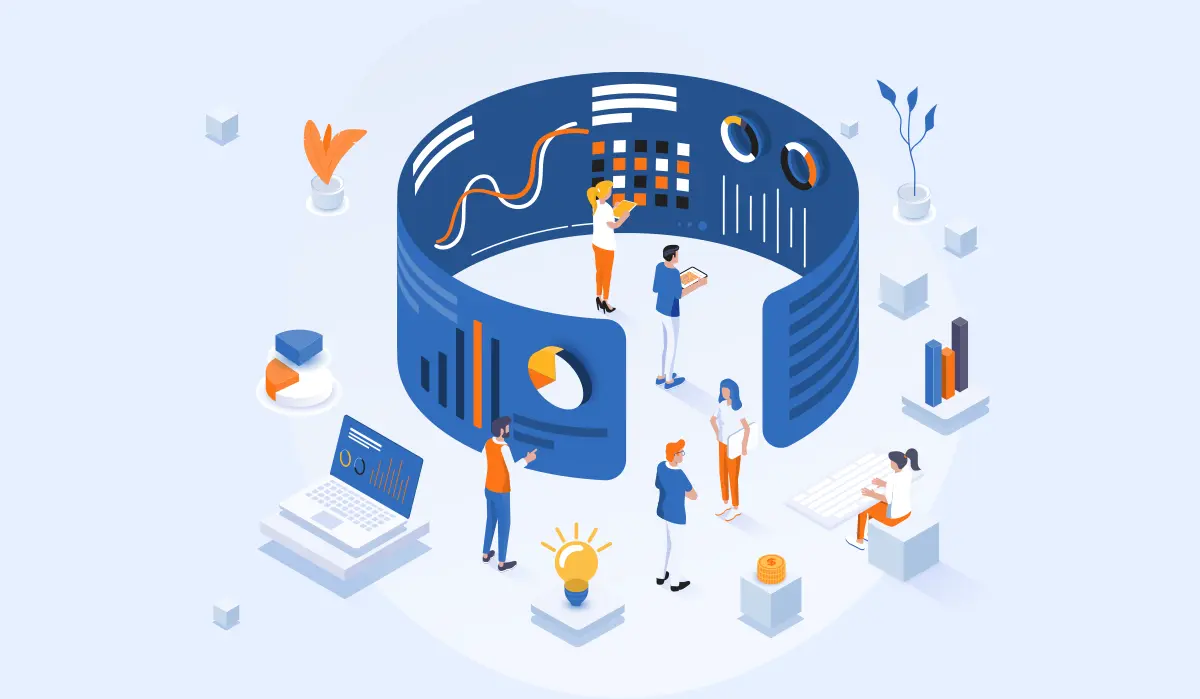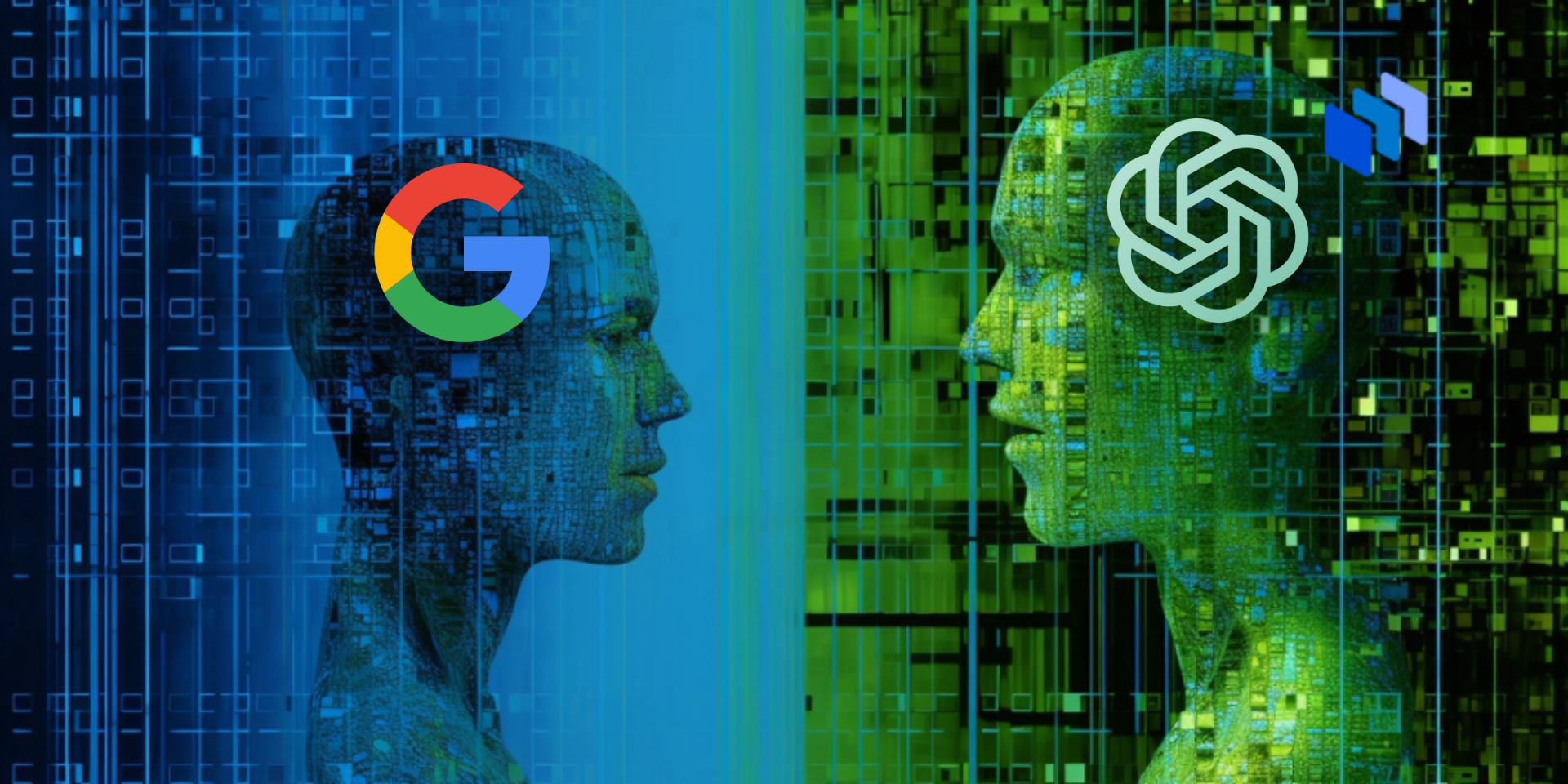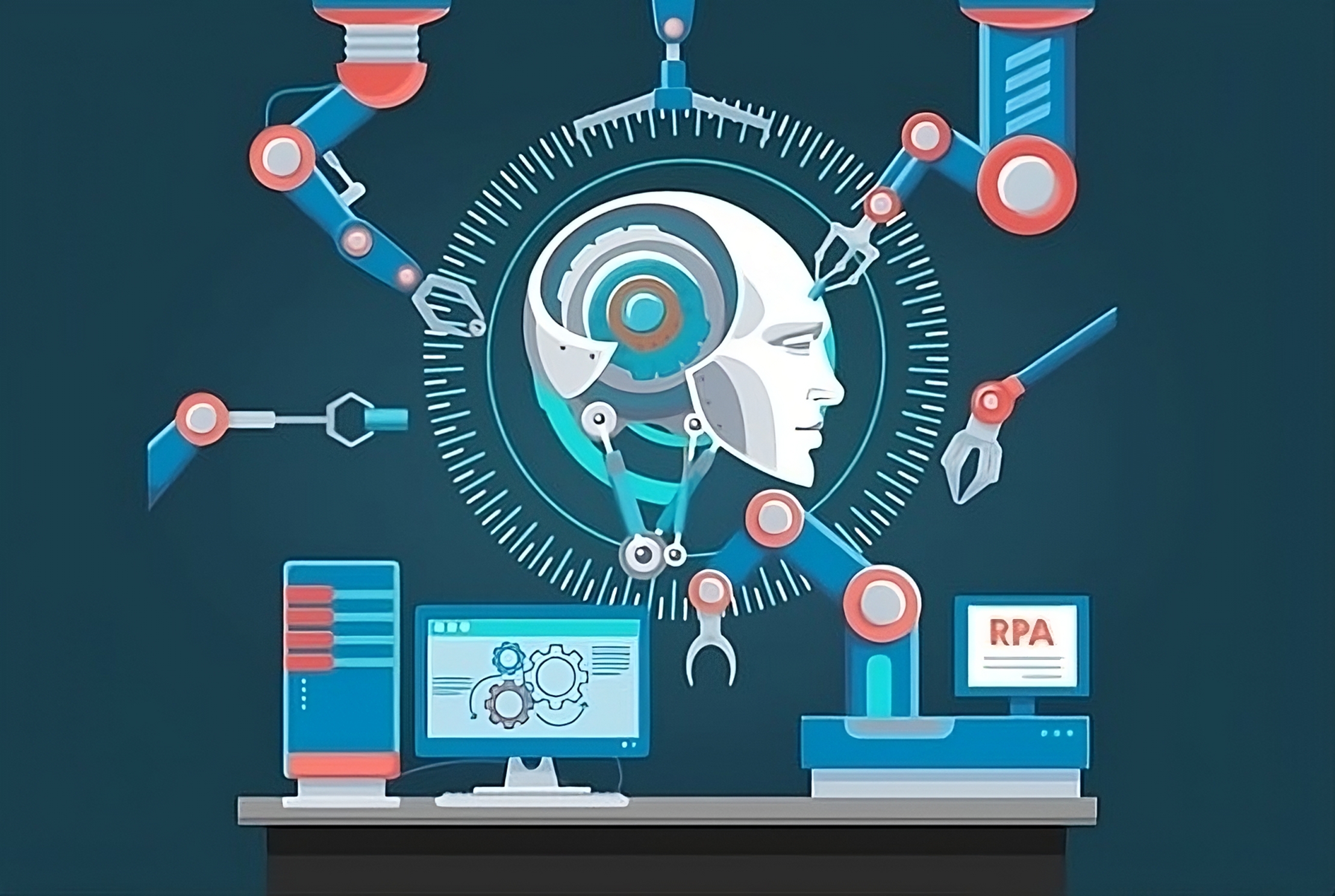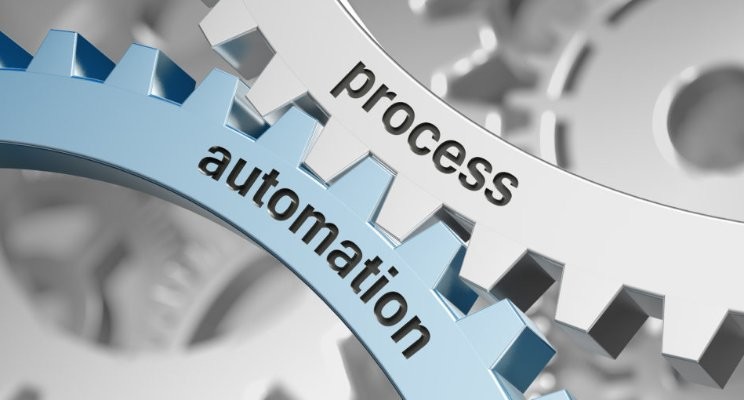
Unlocking success: Navigating digital transformation
Digital Transformation: choice or ultimatum? 👩💻🌐 The ever-changing world of business shows that digital transformation is no longer just an option – it becomes a necessity. Technological advancement and digitization are reshaping our world at an incredible pace, and the key to understanding and adapting to these changes is precisely digital transformation. 🌍 Here’s what you need to know about digital transformation: 1️⃣ Uniqueness vs. Foundations: Every digital transformation is different, but the foundations are always common. It’s a bit like building a house – individual projects, but solid foundations are the key! 🏠🔑 2️⃣ Evolution, Not Revolution: Despite the magnitude of changes, the entire process must be planned and consistently implemented. It’s a path towards universal optimization. 🌱➡️🌳 3️⃣ Holistic Approach: Transformation touches every corner of the organization, connecting various areas, people, and technology. 🔗 4️⃣ Power in Data: Without them, transformation becomes impossible. They assist in achieving operational excellence, optimization, and innovation. 🔑📊 5️⃣ Accelerating Action: Implementing technology and automation is not only about relieving employees but also about innovation leading to optimization. 🚀⏩ 6️⃣ Security Above All: In the digital era, information protection becomes a priority. Cybersecurity is a key area in every aspect of business activity. 🔒💡 Digital transformation comes with many challenges, but we look at it with great optimism. Why? Because we see more opportunities than threats in it. To learn more, we recommend the Digital Sharpers report “13 Facts About Digital Transformation… Everything You Wanted to Know About Digitization But Were Afraid to Ask.” It’s a knowledge compendium that will help you navigate the world of digital transformation! 📘🧐 Get in touch and embark on the journey into the future of digitization! 🤝💼 Author: Monika Serafin, Service Delivery Manager











